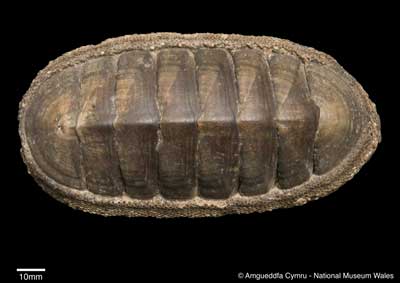Maritime transport is essential for tourism in the Galápagos Islands, but it also represents a significant source of pollution.This study explores tourists’ willingness to pay for cleaner propulsion technologies, electric and hybrid, as alternatives to internal combustion engines, aiming to promote more sustainable tourism in this fragile ecosystem.
Using a discrete choice experiment applied to 336 tourists, preferences were evaluated based on different combinations of energy sources, travel time, and pricing. The analysis, conducted through a latent class logit model, identified groups with varying levels of environmental awareness and distinct decision-making patterns.
The results show clear segmentation: tourists with strong environmental concerns prefer electric boats and are willing to pay more for them, while those with lower ecological inclinations favor hybrid options, seeking a balance between sustainability and reliability.
In conclusion, the implementation of cleaner maritime technologies could be economically viable if offers are tailored to the diverse motivations of tourists. This study provides key evidence to support the transition toward more sustainable tourist mobility in the Galápagos.
Read the article here: https://doi.org/10.1016/j.rtbm.2025.101387






